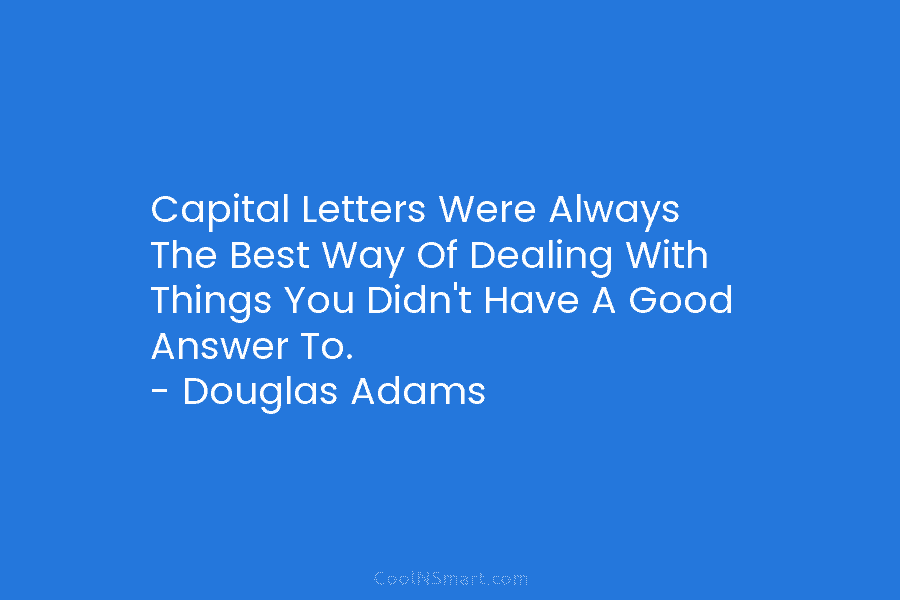Historical Context of the ABC Debate

The ABC debate, a long-standing discussion in philosophy and psychology, centers on the nature of consciousness and the relationship between our subjective experiences and the physical world. This debate has evolved over centuries, with prominent figures and events shaping its trajectory and influencing its central arguments.
Key Figures and Events, Abc debate
The ABC debate traces its roots to the philosophical traditions of idealism and materialism. Idealism, championed by figures like Plato and George Berkeley, emphasizes the primacy of mind and ideas in understanding reality. Materialism, conversely, emphasizes the physical world as the ultimate reality, with mental states being ultimately reducible to physical processes.
- Rene Descartes (1596-1650): Descartes’ famous “cogito ergo sum” (“I think, therefore I am”) established a fundamental distinction between mind and matter, setting the stage for the ABC debate. He argued that the existence of the mind is undeniable, as it is the source of our thoughts and experiences.
- John Locke (1632-1704): Locke’s empiricism challenged the Cartesian dualism, suggesting that all knowledge originates from sensory experience. He proposed that the mind is a blank slate (tabula rasa) at birth, shaped by the external world.
- David Hume (1711-1776): Hume furthered the empiricist tradition, arguing that we cannot directly access the external world but only experience our own perceptions. He famously questioned the existence of a “self” and the causal connection between events.
- Immanuel Kant (1724-1804): Kant sought to synthesize rationalism and empiricism. He proposed that our understanding of the world is shaped by both our innate mental structures and sensory experience. He argued that our minds actively construct reality, rather than passively receiving it.
Major Arguments
The ABC debate encompasses a range of arguments about the nature of consciousness and its relationship to the physical world. Here are some of the main positions:
- Physicalism: This view holds that mental states are ultimately reducible to physical states. Physicalists argue that consciousness is a product of the brain, and that all mental phenomena can be explained in terms of physical processes.
- Dualism: Dualists, like Descartes, believe that mind and matter are fundamentally distinct substances. They argue that consciousness is a non-physical entity that interacts with the physical body.
- Functionalism: Functionalists propose that mental states are defined by their causal roles and functional relationships. They argue that consciousness is a function of the brain, but not necessarily reducible to its physical structure.
- Idealism: Idealists, like Berkeley, argue that reality is ultimately mental or spiritual. They believe that the physical world is a manifestation of mind or consciousness.
- Neutral Monism: Neutral monism suggests that there is a single, underlying reality that is neither mental nor physical. Both mind and matter are seen as different aspects of this fundamental reality.
The ABC debate was heated, with both sides presenting compelling arguments. But honestly, I found myself distracted by the beautiful study table and chair in the background of the presenter’s video – I’m thinking of giving my own workspace a makeover! If you’re looking for some inspiration, check out these pictures of study table and chair – they’re seriously inspiring! Anyway, back to the debate…
The “abc debate” is a fascinating topic that’s been debated for centuries. It’s all about the balance between individual freedom and societal order, and it’s a topic that’s still relevant today. If you’re interested in diving deeper into this complex issue, check out this comprehensive analysis of the “abc debate” here.
It’s a great resource for understanding the historical context and current implications of the “abc debate”.
